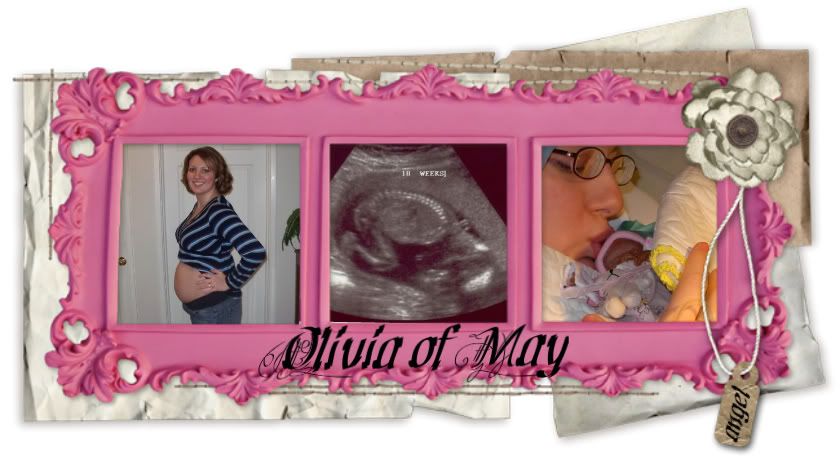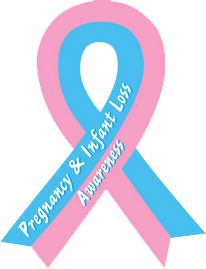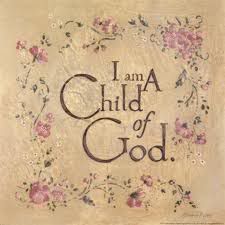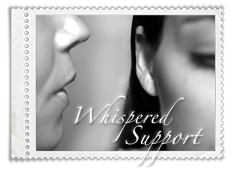
Physical
1. Hyperactive or under active
2. Feelings of unreality
3. Physical distress such as chest pains, abdominal pains, headaches, nausea
4. Change in appetite
5. Weight change
6. Fatigue
7. Sleeping problems
8. Restlessness
9. Crying and sighing
10. Feelings of emptiness
11. Shortness of breath
12. Tightness in the throat
Emotional
1. Numbness
2. Sadness
3. Anger
4. Fear
5. Relief
6. Irritability
7. Guilt
8. Loneliness
9. Longing
10. Anxiety
11. Meaninglessness
12. Apathy
13. Vulnerability
14. Abandonment
Social
1. Overly sensitive
2. Dependent
3. Withdrawn
4. Avoid others
5. Lack of initiative
6. Lack of interest
Behavioral
1. Forgetfulness
2. Searching for the deceased
3. Slowed thinking
4. Dreams of the deceased
5. Sense the loved one’s presence
6. Wandering aimlessly
7. Trying not to talk about loss in order to help others feel comfortable around them
8. Needing to retell the story of the loved one’s death
1. Be patient with yourself. Do not compare yourself to others. Go through mourning at your own pace.
2. Admit you are hurting and go with the pain
3. Apply cold or heat to your body, whichever feels best.
4. Ask for and accept help.
5. Talk to others
6. Face the loss
7. Stop asking “Why?” and ask “What will I do now?”
8. Recognize that a bad day does not mean that all is lost.
9. Rest.
10. Exercise.
11. Keep to a routine.
12. Introduce pleasant changes into your life.
13. Know that you will survive.
14. Take care of something alive, such as a plant or a pet
15. Schedule activities to help yourself get through weekends and holidays.
16. Find someone who needs your help.
17. Accept your feelings as part of the normal grief reaction.
18. Postpone major decisions whenever possible
19. Do something you enjoy doing.
20. Write in a journal.
21. Be around people.
22. Schedule time alone.
23. Do not overdo.
24. Eat regularly.
-taken from Grief Watch
Subscribe to: Posts (Atom)


















































No comments:
Post a Comment